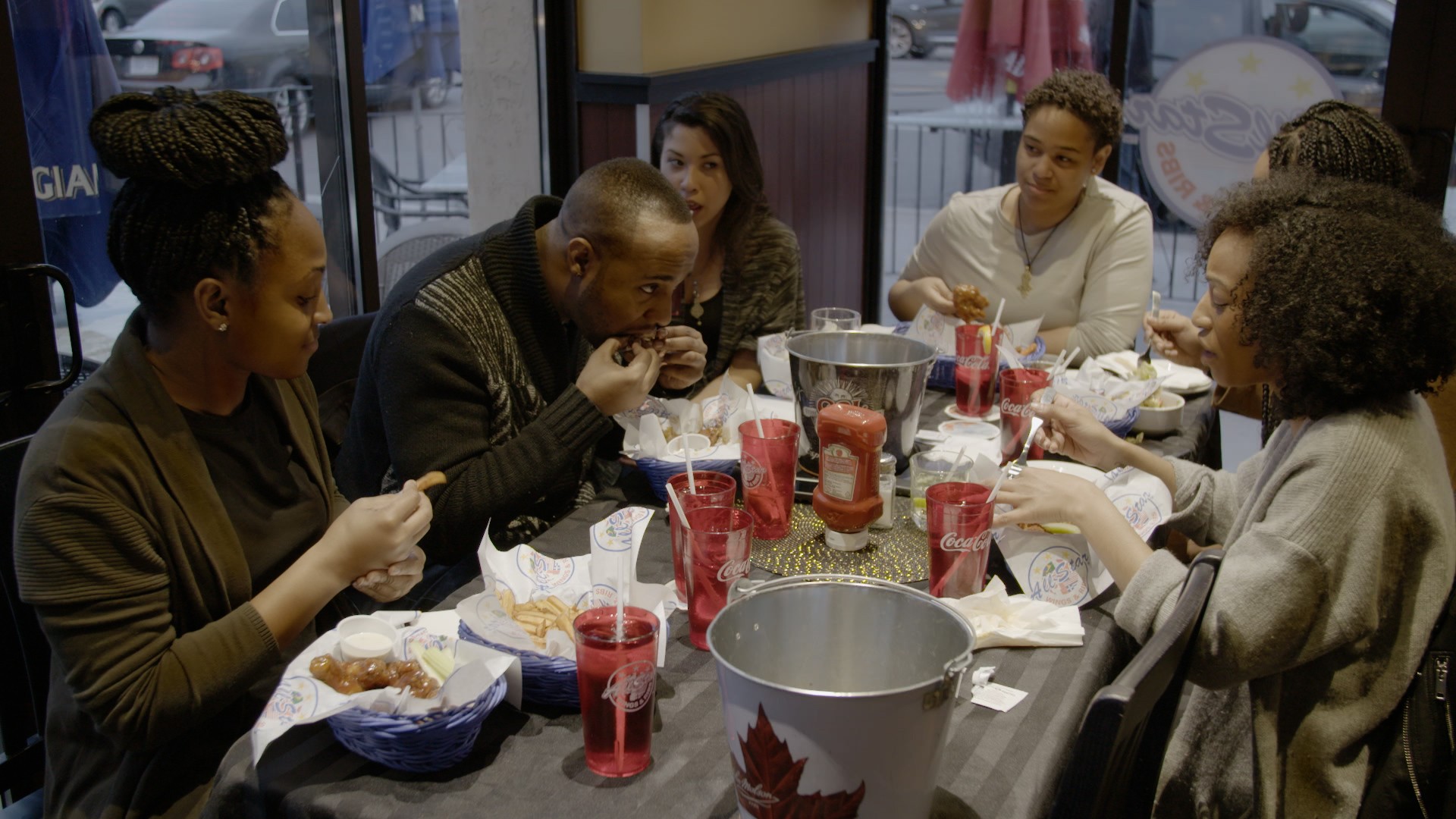Almost a decade after the U.S. housing market crash helped bring on a global recession, Canadians are struggling to deal with a growing housing bubble.Canadian home prices jumped more than 13 percent in the year ended in April. And in some markets, like Vancouver, and more recently Toronto, real estate appreciation has been even faster.In April and March, Toronto home prices were up 25 percent and 33 percent, respectively, compared to the same months in 2016. Price gains slowed a bit in May, after the Ontario government announced a 15 percent tax on foreign purchasers, designed to dissuade foreign investors from buying. (Many observers think Canada’s home-price surge has been driven by an influx of foreign money, but it’s difficult to say whether that’s the main reason for rising prices.)Still, in a report earlier this month, the International Monetary Fund warned that a sharp downturn in housing prices remains a significant risk to both the Canadian economy and a problem for Canadian citizens.“Households are highly indebted, and housing affordability, particularly in Vancouver and Toronto, has become a social issue, with many first-time buyers priced out of the markets,” IMF analysts wrote.So how does it feel to be a local who’s priced out of one of the world’s hottest real estate markets? We spent a day with Toronto native Jalisa Luces-Mendes, a part-time researcher and fashion-line owner, to find out how she handles housing and other high costs of living in Toronto. Making It, a globe-trotting look at how far your money will take you in one city.
Making It, a globe-trotting look at how far your money will take you in one city.
Watch next: “What it costs to live in London”Correction: Due to an editing error, a previous version of this post said that Ontario announced a 20 percent tax on foreign buyers. The tax is 15 percent.
Advertisement

Watch next: “What it costs to live in London”Correction: Due to an editing error, a previous version of this post said that Ontario announced a 20 percent tax on foreign buyers. The tax is 15 percent.